I'd start by plugging it into Wolfram Alpha and see what it gives you.
Mathematica should be able to do it. I think of statistics first when R comes up; I don't know about its calculus capabilities. Excel is not the first choice.
If I were you, I'd be less worried about the software and more worried about the solution itself. A function of this form might be well known. Plot each one and visually check to see what the functions look like and how easy they might be to integrate.
Like this:
http://www.wolframalpha.com/input/?i=graph+exp%28-%28%28x%2B5%29%2F1.5%29%5E2%29
You should be wondering why it's three similar looking integrals. Those singularities in the plot tell you why.
If there's no closed form solutions, you'll have to go with a numerical one. You'll have to choose an algorithm (simple Euler or Runga Kutta or something else), interval sizes, etc. You'll want to know about singular points and how best to tackle them.
Choosing a package is just the start.
